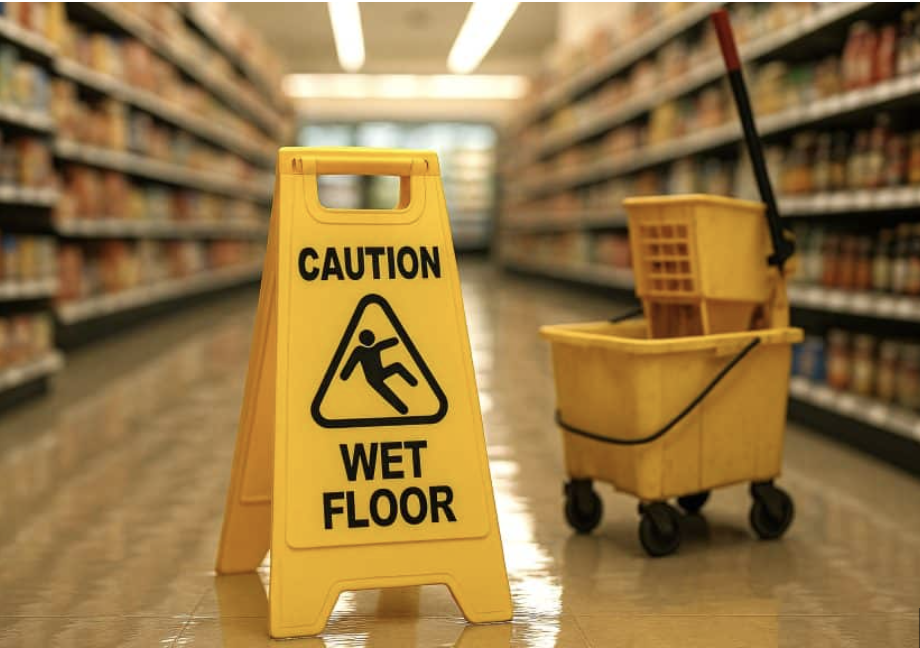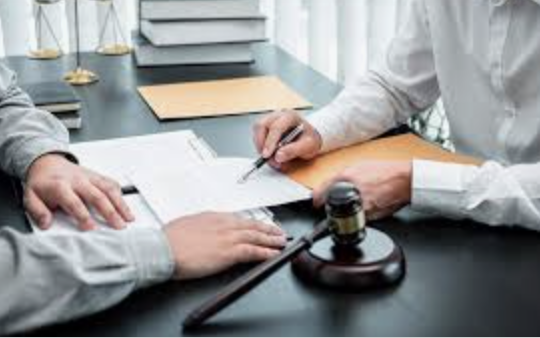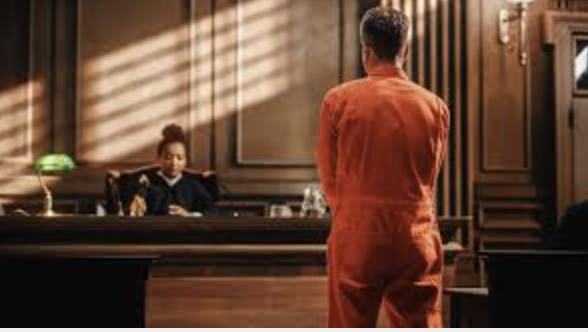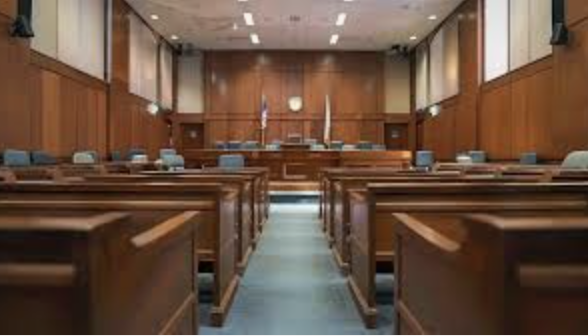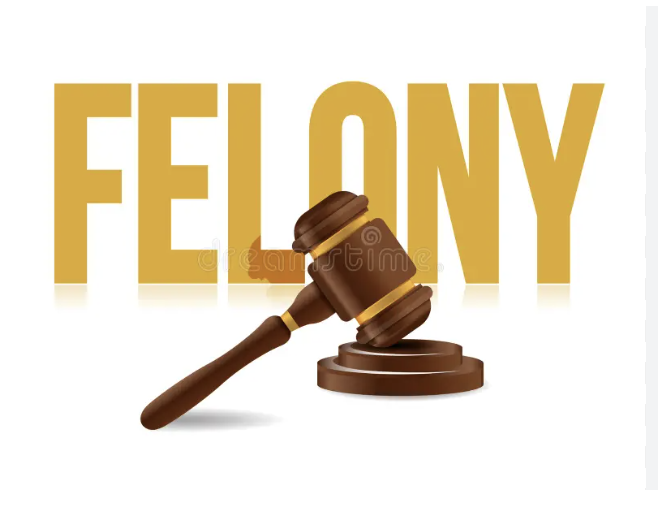Slip-and-fall injuries can be serious. Winning (or even settling) a claim depends on evidence. Here’s what to do—fast.
A step-by-step guide from Cardon Law. This is general information, not legal advice. If you’re hurt, consult a local attorney about your specific case.
1) Preserve the Evidence Today
- Photograph/video the hazard from multiple angles (close, medium, wide). Include floor/lighting/nearby displays and your injuries.
- Get the incident report and the names of employees/managers you spoke with. Ask for a copy or photo of it.
- Collect witness info (names + mobile numbers). Don’t assume staff will.
- Save shoes/clothing—don’t wash them. Bag them with the date/time.
- Medical exam the same day (ER/urgent care/your doctor). Gaps in care hurt both recovery and claims.
- Optional but helpful: politely ask management to preserve surveillance video and note the camera locations (many systems overwrite quickly).
Big picture (notice): In Virginia, you generally must show the owner/occupier knew or should have known about the dangerous condition and failed to fix or warn (actual or constructive notice).
2) Reporting & Statements
- Report the incident right away, but stick to known facts and symptoms.
- Use your phone’s voice memo to contemporaneously record what staff say (for your own notes).
- Avoid recorded statements to any insurer until you’ve spoken with a lawyer.
- Don’t sign broad medical releases at the scene.
3) Medical & Recovery
- Follow your provider’s plan (PT, imaging, follow-ups).
- Keep a symptom/activity journal: pain levels, medications, sleep issues, missed work, what you can’t do.
- Save receipts/bills (medical, pharmacy, braces, crutches, mileage).
4) Liability Reality Check (Virginia-Specific)
- Contributory negligence: Virginia still uses this rule—if a judge/jury finds you even slightly at fault, recovery can be barred. Expect the defense to argue you weren’t watching your step or the danger was “open and obvious.”
- What “notice” means: You’ll need evidence the store created, knew, or should have known about the hazard in time to fix/warn (e.g., employee footprints/tracks through a spill, a recurring leak, time-stamped cleaning logs).
5) Call a Local Lawyer ASAP
A premises-liability attorney can:
- Send preservation letters (video, sweep logs),
- Interview staff/witnesses,
- Secure store policies/training, and
- Handle adjusters while you heal.
Common Defense Tactics (and How We Respond)
- “Open and obvious” → We use photos, lighting measurements, sight-lines, and human-factors analysis to show why it wasn’t obvious under the circumstances.
- “No notice” → We build constructive-notice proof (time-on-the-floor indicators, employee routes, prior complaints).
- Footwear/clothing blame → Preserve shoes/clothes; we address tread, liquids, and floor coefficients.
- No injury / preexisting only → We lean on timely exams, imaging, and consistent treatment notes.
Deadlines & Special Notices (Don’t Miss These)
- Statute of limitations: Most Virginia personal-injury cases must be filed within two years of the injury. Virginia Law
- Claims against the Commonwealth (state-owned property): A written Notice of Claim is required within 1 year under the Virginia Tort Claims Act. Virginia Law+1
- Claims against cities/counties/towns (municipal property): Written notice is required—often within six months—under Va. Code § 15.2-209 (local sites often restate this; e.g., Virginia Beach). Requirements vary; act quickly. Virginia Law+1
Government-property claims have extra traps. If your fall involved a sidewalk, school, courthouse, or transit facility, contact counsel immediately to protect deadlines.
Injured in a Virginia Beach slip-and-fall? Cardon Law can preserve critical evidence and handle insurers while you focus on healing.
Free consultation: (757) 306-9060 | 24/7 direct to David A. Cardon: (757) 620-3283
FAQ
The store cleaned up the spill—now what?
Your photos, witness contacts, incident report, and timely medical records still build the case; we’ll pursue video and maintenance logs for notice.
Should I talk to their insurer?
Not before you’ve spoken with a lawyer. Adjusters can take recorded statements that hurt your claim.
How long do I have to file?
Generally two years from the date of injury (different rules apply for claims against government entities; notice can be due far earlier). Virginia Law+2Virginia Law+2
